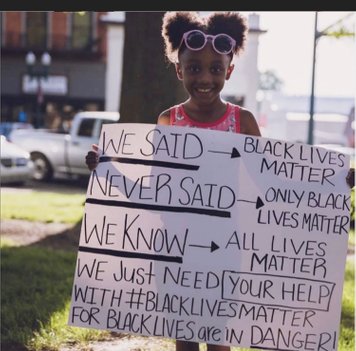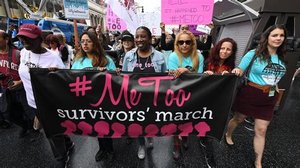Vermont State Representative Mike Mrowicki
Statehouse Phone 802-828-2228 mmrowicki@leg.state.vt.us
Vermont House of Representatives
Windham 4
District
Putney and Dummerston
Racial and
Social Justice
As a founding member of the social Equity Caucus (SEC), our goal is not just to get rid of institutionalized inequality...we aim to institutionalize equity and inclusivity.
As a collective of elected officials, organization advocates, and community members we meet every Wednesday to discuss social equity-related legislation and provide a forum for community engagement and mutual support.
To find out more or participate in the SEC, follow this link;
https://socialequitycaucus.wixsite.com/vt-social-equity
Declaration of Inclusion
Begun by Rutland County residents , Norm Cohen, Bob Harnish, Barbara Noyes Pulling and Al Wakefield, the Declaratrion of Inclusion Campaign has now been adopted by 120+ towns in Vermont. It's stated purpose is to;
Raise consciousness about the importance of diversity, the positive effect that diversity can have on our economy, and on equity and justice
Emphasize the importance of preparing our youth to live and prosper in the more diverse society in which we all will soon be living
Tell the world at large that Vermont welcomes all people to our state, which is struggling to maintain its population and its ability to fund basic programs for its citizens
Attract people with myriad skills and traditions to Vermont to live, work, and raise families in a state that values and encourages diversity in its population.
More info: https://vtdeclarationofinclusion.org/





